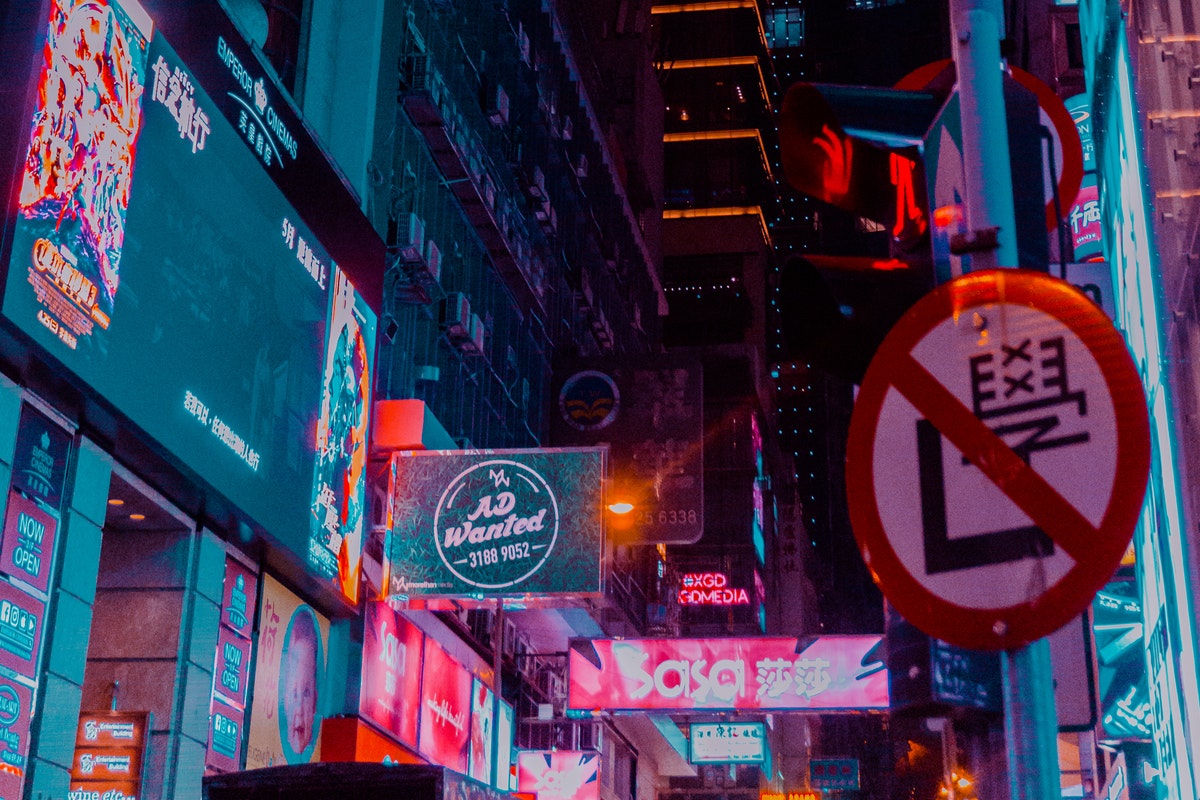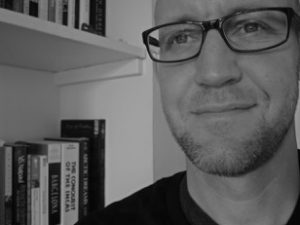What inspired “Blacksmith” and “These Gifts”?
Both “These Gifts” and “Blacksmith” I wrote several years ago while living in Spain. I wrote the first drafts of “These Gifts” in response to witnessing, and then participating in, the anti-war demonstrations in Barcelona just prior to the 2003 invasion of Iraq. The protests were massive, potent manifestations of the outrage many Spanish felt over their country’s participation, as a coalition member, in the imminent attacks. But it was the nightly caceroladas—people leaning out their apartment windows and banging pots and pans in protest—that impressed me most. Compared with the blurred scenes of thousands of demonstrators massed in plazas and marching down broad avenues, the clarity of individuals, leaning from their homes out over the streets, isolated by window frames but connected by this cacophonous yet harmonious sound echoing through the city, felt very personal, and thus, more powerful to me. This is why the letter form, with its intimacy and direct address, seemed right for the poem. This form also helped me temper the overtly political content of earlier drafts. As the poem took shape, the focus shifted away from the events of those specific days to a more personal, individual attempt at understanding something that reached beyond a specific moment. In that sense, my love for Miguel Hernández’s poem “Lullaby of the Onion”—and all his work, really—inspired and influenced me, too, although I wasn’t consciously thinking of that poem while I was writing. It was only something I noticed later, when I came back to the poem after years, thinking about the connection to the friend I addressed in the original letter and how nearly a decade had passed since the start of that war.
As with “These Gifts,” it was by coming upon a particular form that I found my way into “Blacksmith.” While living for a few months in Granada and traveling around Andalucia, I had a strong sense of wanting to write about family as something both sacred and secular. I’m not sure why, and that feeling and its connection to those arid southern landscapes was very abstract. But then I came upon García Lorca’s poem “Romance de la luna, luna” and its beautiful opening line, “The moon came into the forge,” and the image of a blacksmith came to me. It wasn’t one of a sinewy, mythological figure with his hammer raised above the flames. Rather, it was of someone more fragile and conflicted—a worker, a dreamer. The image in Lorca’s poem of light invading darkness also carried, for me, a feeling of coolness and mystery pervading a place of intense heat, which reminded me how we sometimes find succor and understanding in unexpected places. I felt the dramatic monologue form helped me express and convey this strangeness in the image and voice of the blacksmith, a character both alien and familiar to me. Traveling and living outside my culture has often felt like a masked experience, so that connection to the dramatic monologue form seemed right, too.
Tell us about your writing process—either generally or specifically with regard to the birth and development of these two poems.
Both these poems took a while to write and sat around in various and sometimes vastly different forms for years. This isn’t always the case with my writing, but it is more common, I suppose, when I am thinking about otherness and elsewhere.
What books have had the most impact on your writing?
Philip Levine, in some of his earlier books, such as The Names of the Lost and Seven Years from Somewhere, wrote about his experiences in Spain, too. Those books had a strong impact on me when I first started writing, and I still love them today. And it was through Levine that I started to learn about wonderful Spanish poets like Miguel Hernández and Antonio Machado, as well as Lorca, whose work has had probably an even bigger impact on my writing. What that impact has been, I’m not entirely sure. As in the development of these two poems, the push and pull, the changes and convergences, happen on their own. I just try to respect the process, to listen to it, and hope what emerges, in words, connects me to others in a meaningful way.

